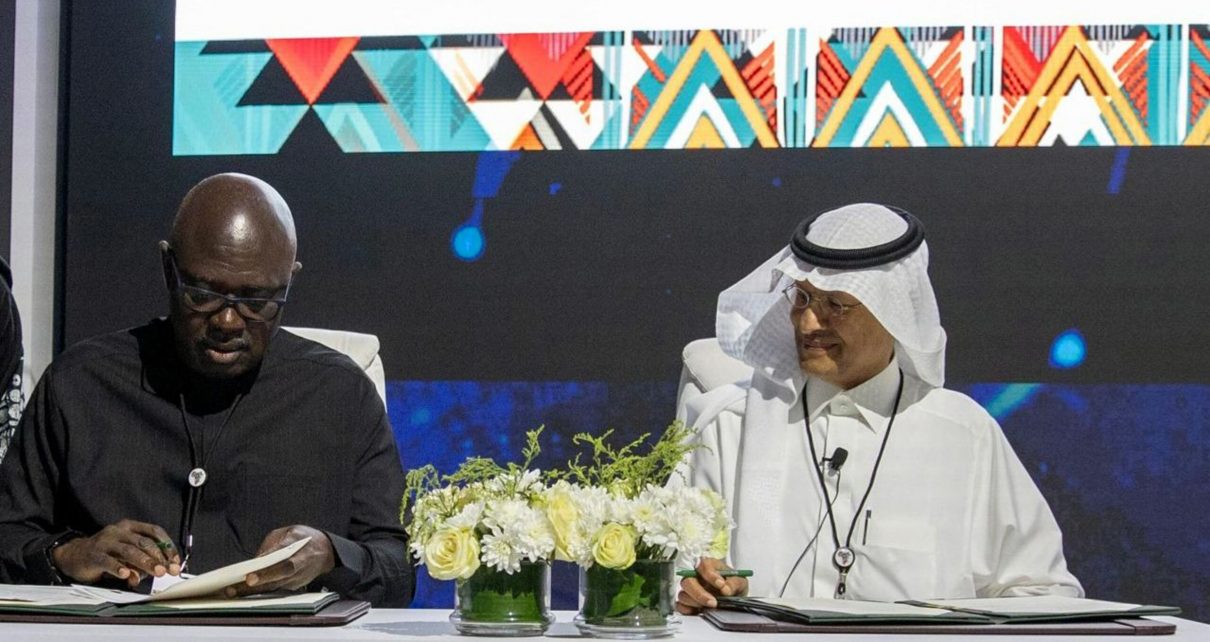The Federal Government has inked a Memorandum of Understanding (MoU) with Saudi Arabia, marking a crucial step in establishing a collaborative framework for the oil and gas sector. The MoU focuses on fostering collaboration, sharing information, and transferring technology to create a conducive environment for a mutually beneficial partnership.
Senator Heineken Lokpobiri, the Minister for State Petroleum Resources (Oil), represented the Federal Government, while Saudi Arabia’s Energy Minister, Prince Abdulaziz bin Salman, led the Kingdom of Saudi Arabia during the signing ceremony in Saudi Arabia. Lokpobiri highlighted the significance of the MoU, stating it signals a substantial stride in fortifying bilateral ties and advancing mutual interests.
The MoU aims to facilitate technological exchange, leveraging Saudi Arabia’s advanced technologies in oil and gas exploration and production. Lokpobiri emphasised the potential for Nigeria to gain significantly from knowledge transfer, enhancing the efficiency and effectiveness of the country’s energy operations.
Prince Abdulaziz bin Salman expressed optimism about the far-reaching impacts of this strategic alliance on both countries’ energy landscapes. The MoU is anticipated to attract substantial foreign direct investment into Nigeria’s oil and gas sector, with Saudi Arabia potentially contributing to economic growth, job creation, and infrastructural development.
The agreement aligns with the Ministry of Petroleum Resources’ objective of elevating production standards and technological advancements within Nigeria’s energy sector. It is expected to have a cascading effect on various sectors of the economy, contributing to Nigeria’s overall economic prosperity.
The MoU outlines a commitment to adopting and implementing best practices in environmental conservation, ensuring that oil and gas activities are conducted in an eco-friendly manner. This reflects a shared vision for a greener and more sustainable energy industry, aligning with global efforts to address climate change and promote cleaner energy alternatives.
For Nigeria, the MoU holds the promise of a brighter and more prosperous future, with anticipated increases in production levels contributing to energy security and reducing dependency on imports. This is expected to stabilise fuel prices, providing tangible benefits to Nigerian households and businesses.


